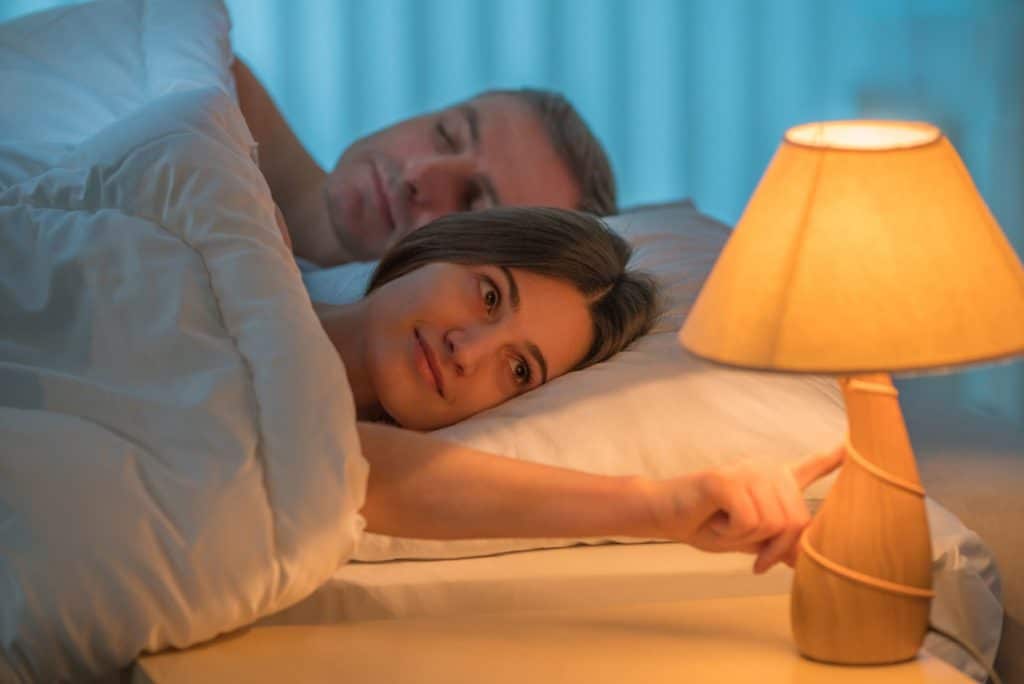Noise pollution and air pollution are pretty common nuisances. Whether it’s loud music from your neighbor or smog in the air, you’ve probably dealt with both of these are various points in your life. I know I have!
But there’s another type of pollution you may not be as familiar with, and it’s affecting your sleep right now. Light pollution is the term for all the artificial lights that you are bombarded with all day long. While these light sources do increase your productivity, allowing you to do things when it’s darker and you are away from the direct sun–like in your office building–there are consequences of too much light exposure, especially on your sleep.
Your body still relies on light to tell it when you should be sleeping and when you should be awake. Since it cannot tell the difference between natural and artificial lights, it will work to keep you awake even when it’s time to go to bed because of all your exposure to artificial lighting.
To sleep more soundly and help ease troubles you experience going to sleep, you’ll need to do what you can to reduce the effects of light pollution in your home. Your overall focus should be on having more exposure to natural light in the morning and less exposure to light in general in the evening.
Start by replacing your LED light bulbs with incandescent ones. LED bulbs are more energy-efficient, but they emit wavelengths that are known to suppress melatonin, the hormone your body releases to regulate your sleep-wake cycle.
Wear blue-light-blocking glasses in the afternoon and evening, especially when you are using electronics. These types of glasses can help reduce the effect of artificial light on your body’s internal sleep mechanisms.
Use blue light filters on your computer and mobile devices, and schedule them to go on a few hours before your bedtime. Most devices and computers have a built-in filter, but if yours does not, there are a lot of free programs and apps available.
Make sure your bedroom is as dark as possible for the nighttime. Even just a dim light can disrupt your body’s natural sleep cycle. Get rid of your digital clock and try using blackout curtains.
Light, in all forms, can reduce the quality and length of your sleep. By making your bedroom a dark zone at night and reducing light pollution in your home, you can enjoy better sleep.




